From the July 1, 1994 Chicago Reader.
Robert Zemeckis, combining his taste for brittle comedy (Used Cars), mutilated bodies (Death Becomes Her), and recycled history (Back to the Future and Who Framed Roger Rabbit), won an Oscar for this tear-jerking 1994 comedy about a slow-witted southerner (Tom Hanks) living through an absurdist half century of American great events. Zemeckis banks on the innocence of two parties, Gump and the spectator, homogenizing culture and politics into a safe, sweet, palatable nugget. Judging by the the movie’s enduring popularity, the message that stupidity is redemption is clearly what a lot of Americans want to hear. With Robin Wright, Gary Sinise, Mykelti Williamson, and Sally Field; Eric Roth and Zemeckis adapted a novel by Winston Groom. PG-13, 142 min. (JR) Read more
From the Chicago Reader (January 10, 2003). — J.R.
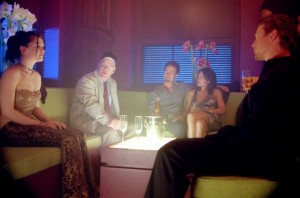
Spike Lee’s best feature since Do the Right Thing. Though none of the major characters is black, it’s one of Lee’s most personal and deeply felt works, and the fact that it’s based on someone else’s material — David Benioff’s adaptation of his novel — makes the film all the more impressive. The narrative follows a former drug dealer (Edward Norton) spending his last 24 hours in Manhattan before beginning a seven-year prison term, though it’s also very much about the people closest to him: his girlfriend (Rosario Dawson), two best friends (Barry Pepper and Philip Seymour Hoffman), and father (Brian Cox). The film persuades us to think long and hard about what prison means, and Lee has shaped it like a poem that builds into an epic lament, especially in a beautiful and tragic closing that risks absurdity to achieve the sublime. With Anna Paquin. 134 min. (JR)
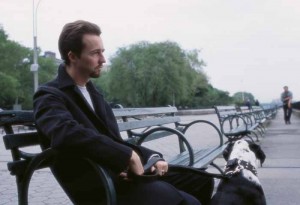
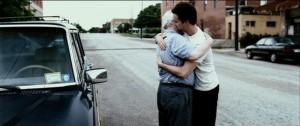 Read more
Read more
From the March 1, 1996 issue of the Chicago Reader. —J.R.
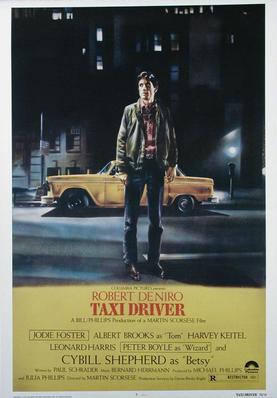
Taxi Driver
Directed by Martin Scorsese
Written by Paul Schrader
With Robert De Niro, Jodie Foster, Harvey Keitel, Cybill Shepherd, Albert Brooks, Peter Boyle, Leonard Harris, Steven Prince, and Martin Scorsese.
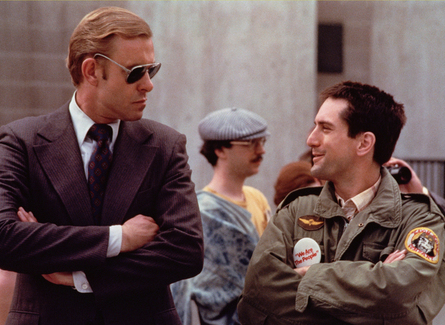
Perhaps the most formally ravishing — as well as the most morally and ideologically problematic — film ever directed by Martin Scorsese, the 1976 Taxi Driver remains a disturbing landmark for the kind of voluptuous doublethink it helped ratify and extend in American movies. Of all Scorsese’s movies, Taxi Driver — being screened this week at the Music Box in a 20th-anniversary “restoration” that’s in stereo for the first time — is for me the most seductive, though I wouldn’t call it either his best film (I’d choose the underrated The King of Comedy) or his most gut-wrenching (I’d pick the overrated Raging Bull). Most of the glamorous depictions of hell on earth and odes to stoical despair about a postapocalyptic civilization found in monuments to capitalist-urban squalor, including Blade Runner and Seven, can be traced back to Taxi Driver, and if it continues to exert an enormous claim on our imagination, this is surely because we continue to live in its vengeful, puritanical fantasies — as well as with the dire consequences of those fantasies. Read more





